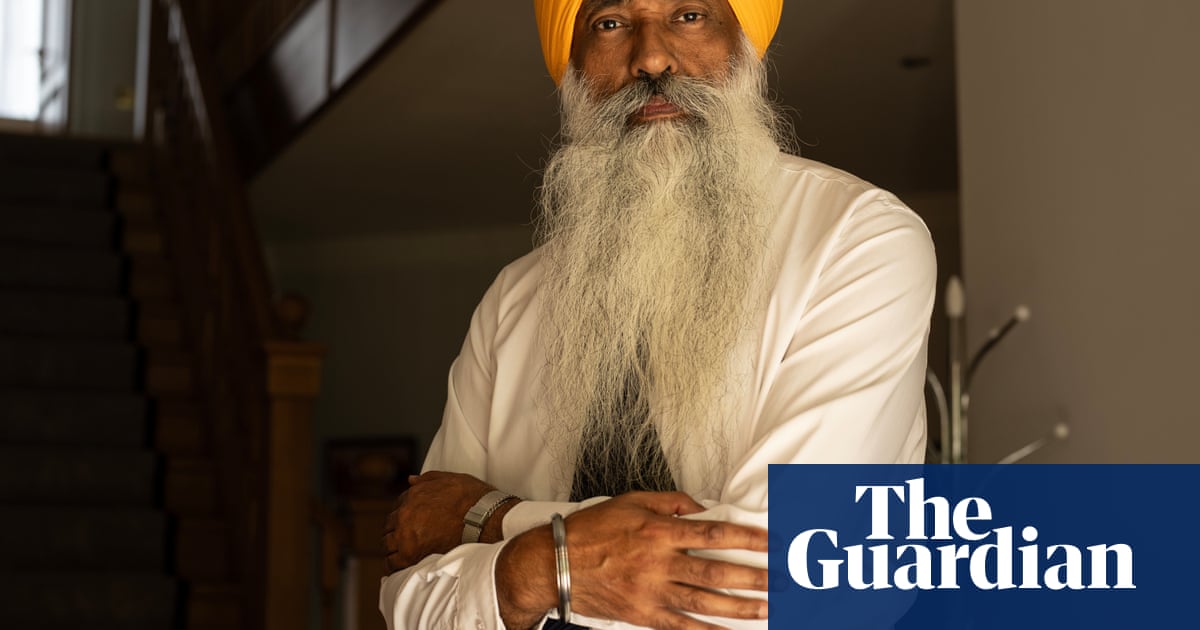British Sikhs are threatening to “no platform” Labour MPs over failure to deliver a public inquiry intoUK complicity in the 1984 Golden Temple massacrein India, amid warnings “frustrated” Sikh voters could back Reform UK.
Over 450 gurdwaras, charities, associations and university societies have written to prime minister Keir Starmer demanding he honour previouspromises to fully investigate the affairor risk “massive consequences for the re-election of many Labour MPs.”
The ultimatum coincides with a Trafalgar Square rally on Sunday marking the 41st anniversary of the massacre in Amritsar, when thousands of people were killed after Indian forces stormed Sikhism’s holiest site to remove firebrand leaderJarnail Singh Bhindranwale, horrifying moderates.
The letter, dated 1 June, said the Sikh community is “hugely disappointed there has been a deafening silence” to recent letters and calls for timelines for an inquiry that would investigate “UK involvement in the Indian military operation and anti-Sikh measures in Britain when Margaret Thatcher was in power.”
In 2014, the accidental release of documents revealed Thatcher’s government had full knowledge of India’s plan, Operation Blue Star, with an SAS officer advising beforehand. David Cameron ordered his most senior civil servant to investigate, but his review, which said the British officer’s advice was ignored by the Indian army, disappointed Sikhs, withLabourpoliticians, including Keir Starmer in a 2022 letter, repeatedly promising an independent inquiry.
Campaigners, who had hoped an inquiry would be launched before the end of the tragedy’s 40th anniversary year, are now warning that Labour MPs face being banned from Sikh temples and events.
“Regrettably, we are today being forced to put the Labour leadership on notice,” the letter adds.
“If a judge-led public inquiry is not announced in parliament by the end of July 2025 the Sikh community will implement a ‘no platform’ policy for all Labour MPs from 1 August that are not supporting a judge-led public inquiry … Sikhs are well-respected (and) can build political alliances. Sikhs may need to make it their business to campaign with others locally and nationally to get the wider public to punish Labour for broken promises.”
The Guardian has seen a list of seats nationwide where Sikh Federation UK has identified the “Sikh vote” as “critical”. Dabinderjit Singh, the Sikh Federation’s executive lead, warned Labour faced “permanent” loss of support from the “majority” of the community, which they believe is a million-strong – double the figure in the last census – with not everyone recording their religion and recent migration.
Meanwhile, concerns have intensified among British Sikhs about India’s treatment of minorities andtransnational repression,amid strengthening UK trade ties.
Singh said talks were under way with the Lib Dems, Reform and the SNP about support for an inquiry, and that every Labour MP would be written to, adding: “There are 105 (seats) we’re monitoring where the Sikh vote will matter, including Ilford North, Ilford South, Wolverhampton seats, Birmingham seats, Derby seats.
“Labour announced the (Pat Finucane) inquiryin September … don’t tell us, when there were thousands of people killed in 1984, that our lives matter less.”
Sign up toFirst Edition
Our morning email breaks down the key stories of the day, telling you what’s happening and why it matters
after newsletter promotion
“Following the 1st May election … some people are saying Sikhs are going to start to vote Reform,” he added.
“I think it’s the frustration. Lots of people just get so frustrated with politicians making promises and then doing the exact opposite, on a range of issues. That’s the bigger danger – that people therefore look for something different, independent candidates, Reform candidates, Green candidates.”
Singh said while he “struggled” personally with Reform’s stances, he added: “I’ve met Nigel Farage before, and Ukip, as it was then, were greatly supportive on Sikh issues … for their own reasons. I can see things getting really divisive.”
Two British Sikh candidates ran for Reform in 2024’s general election in London. Meanwhile Rajbir Singh, a former Labour leader of Sandwell council in the West Midlands, defected to Reform in April.
Approached for comment, the Foreign Office pointed to comments made in January by leader of the house, Lucy Powell, who,asked when an independent inquiry would be initiated, said: “I know that this matter is of great importance to the Sikh community across the UK … we need to get to the bottom of what happened.”
